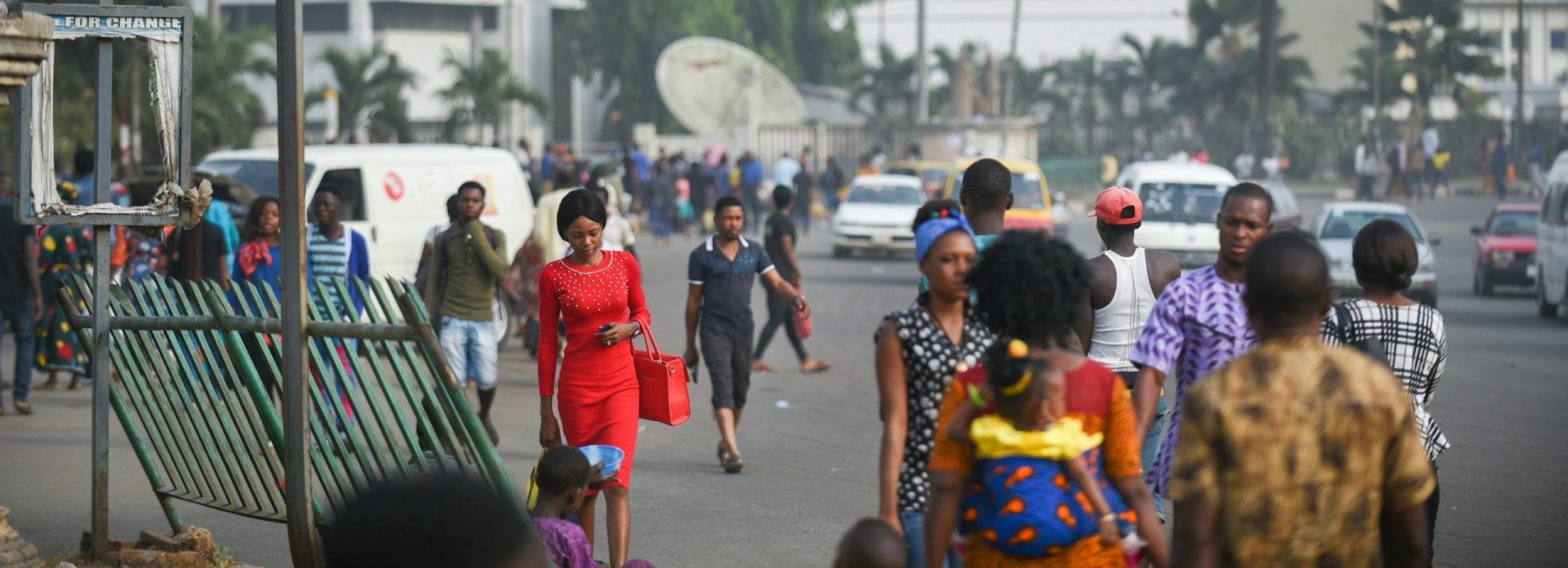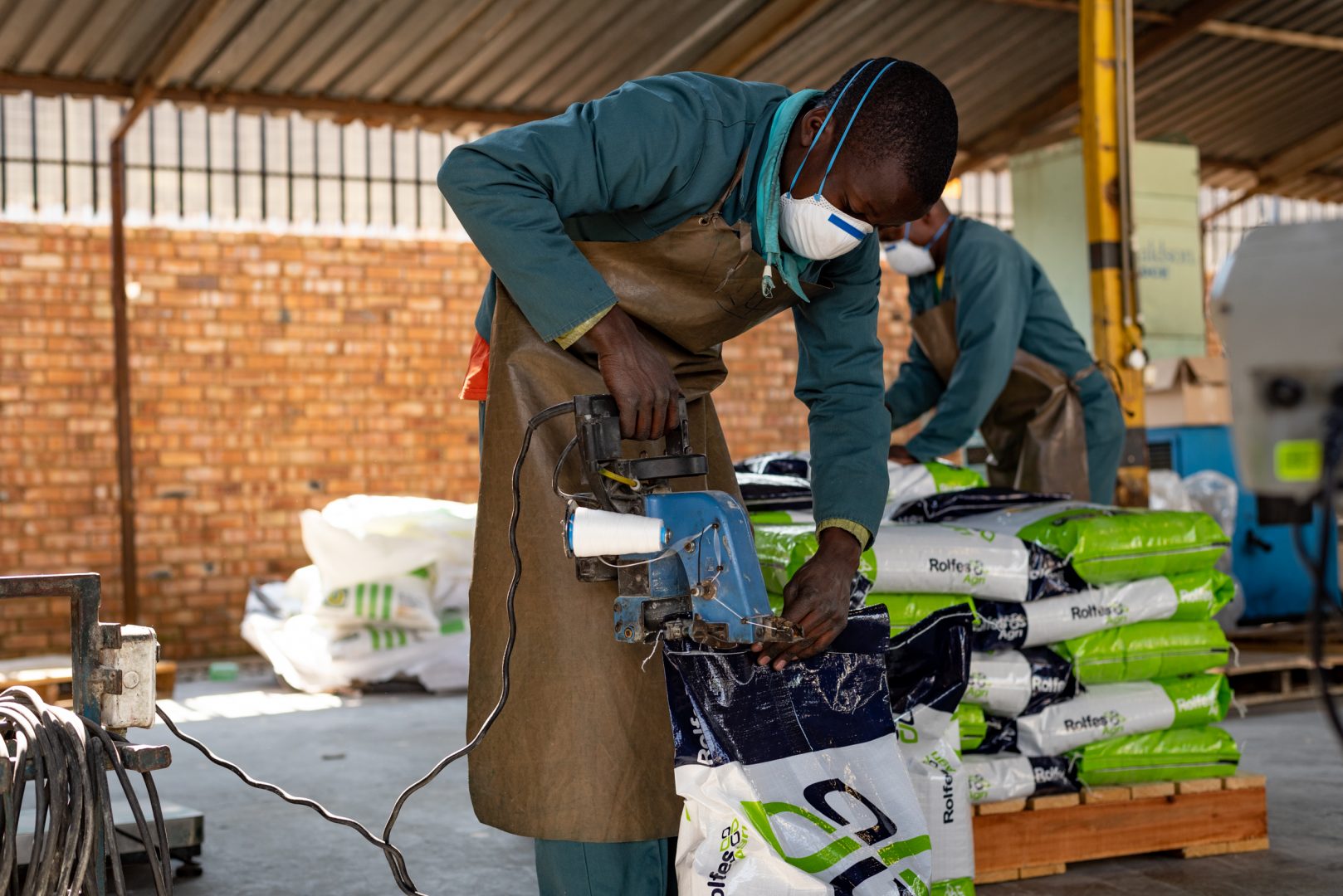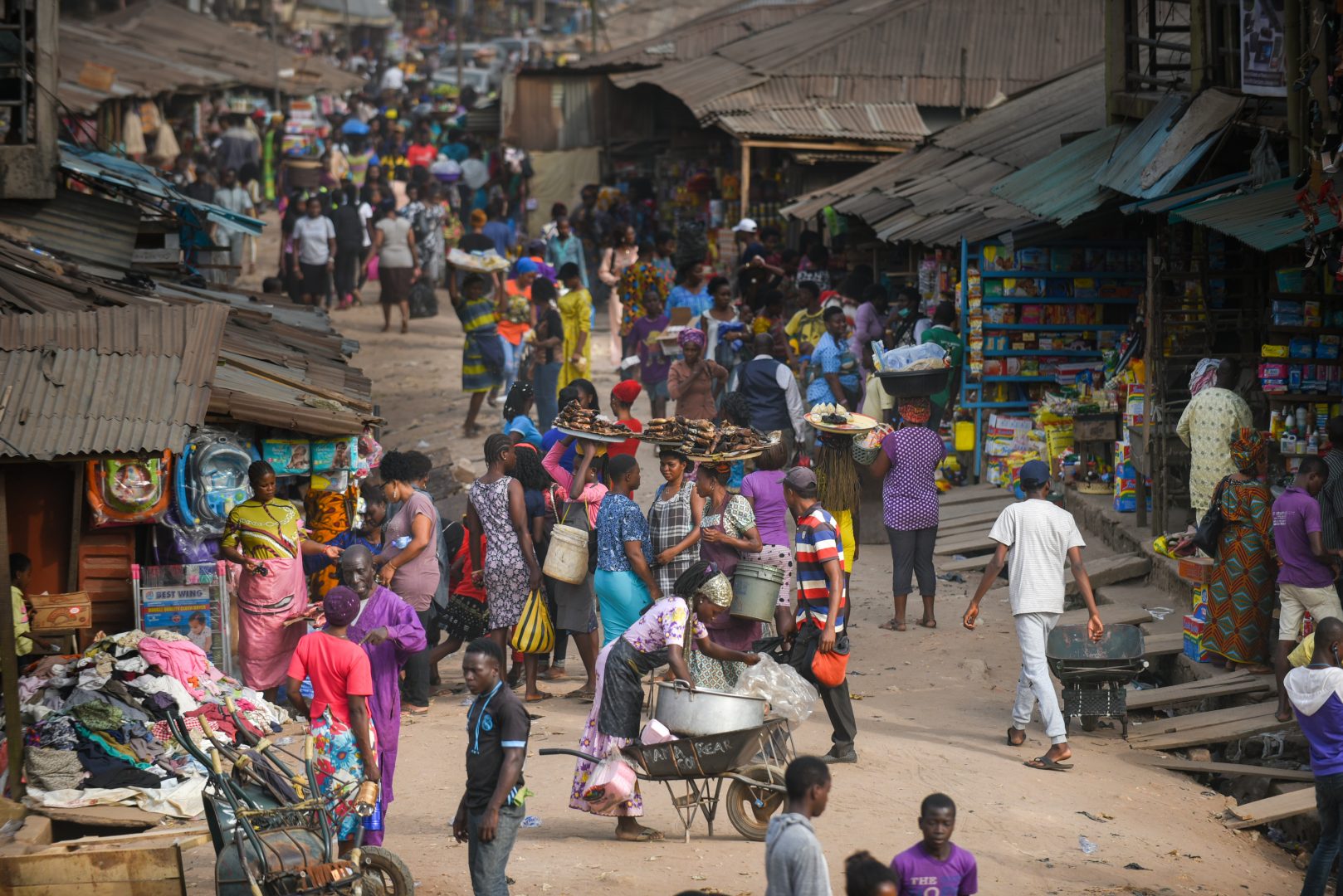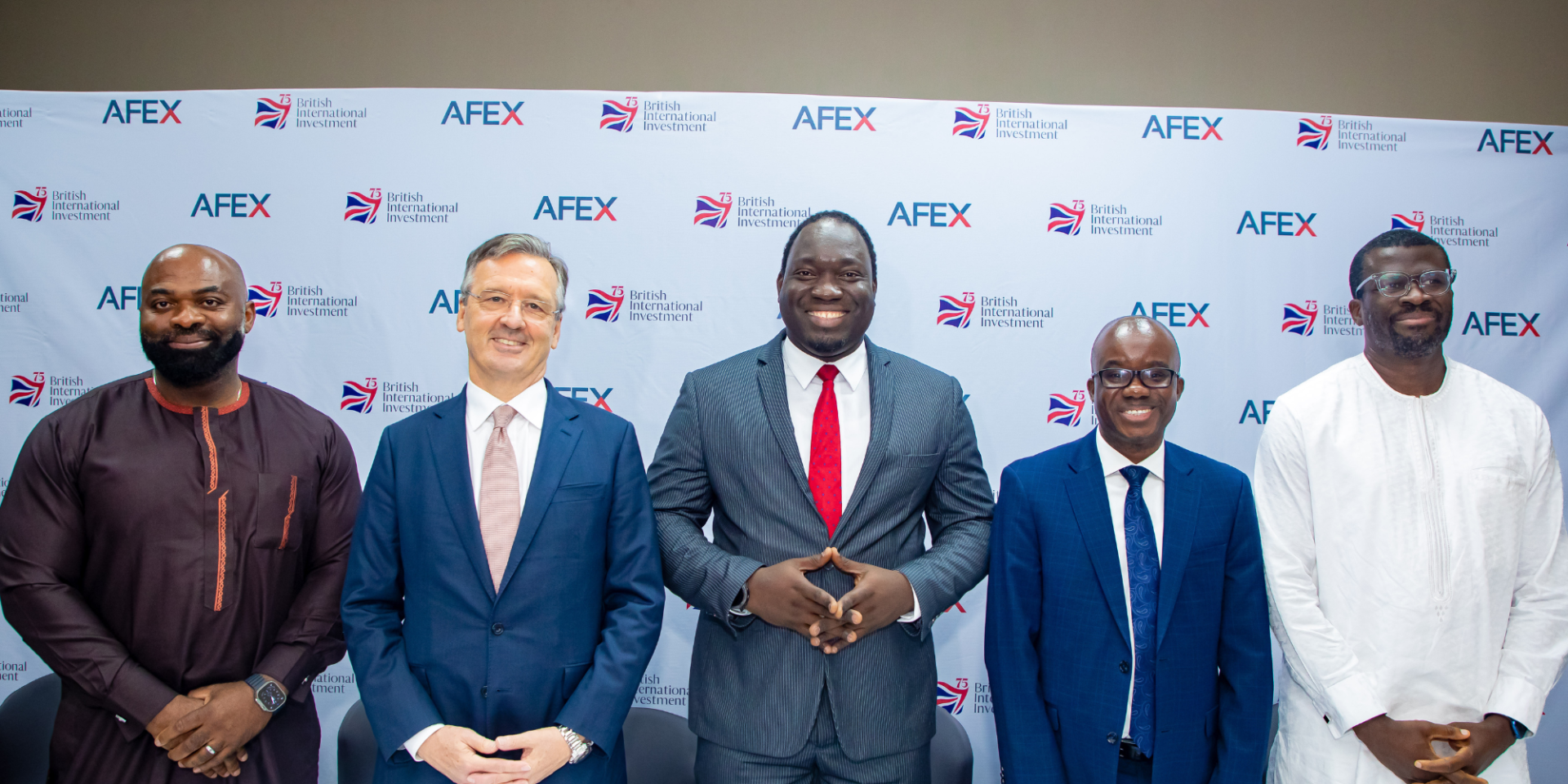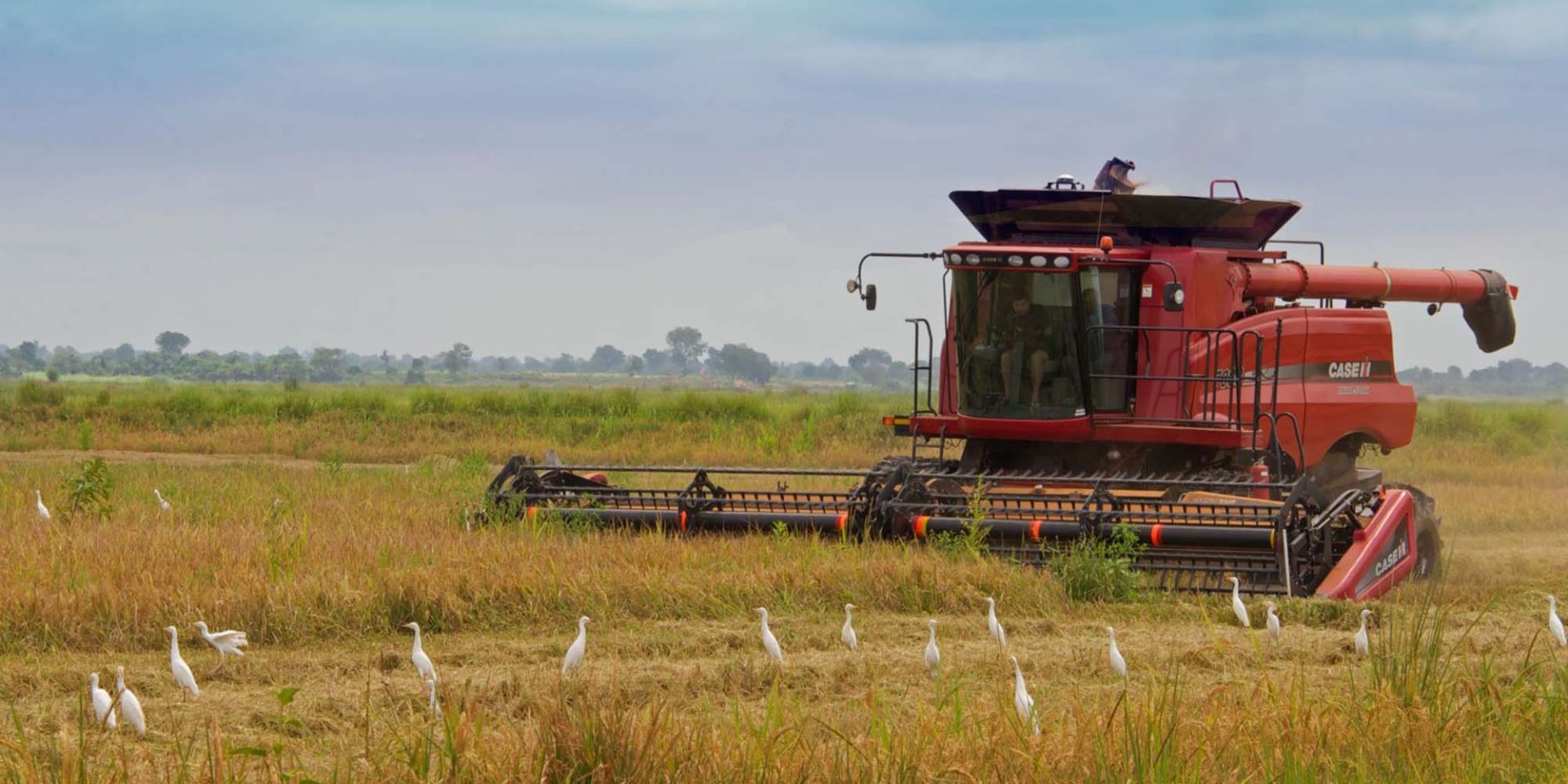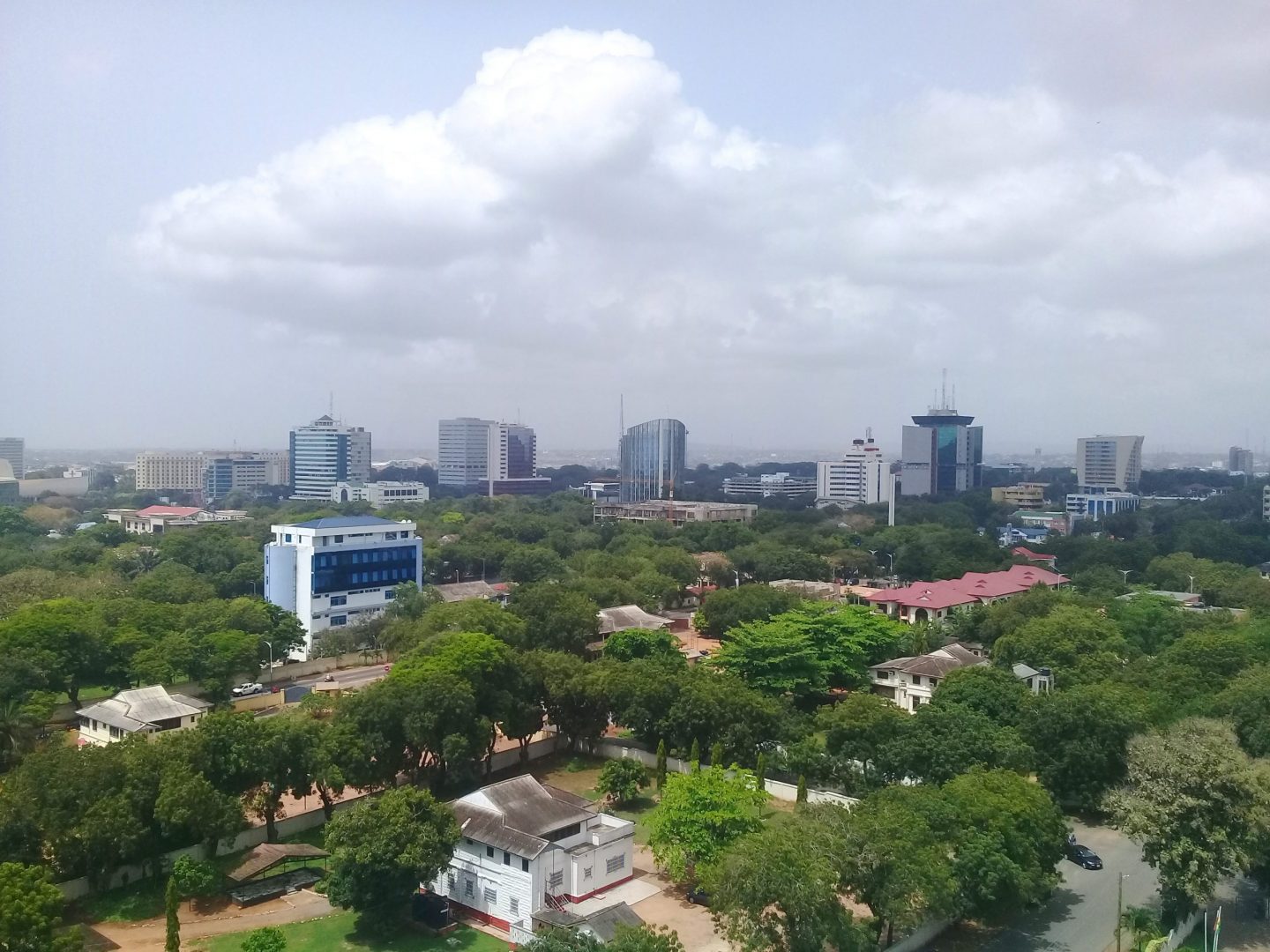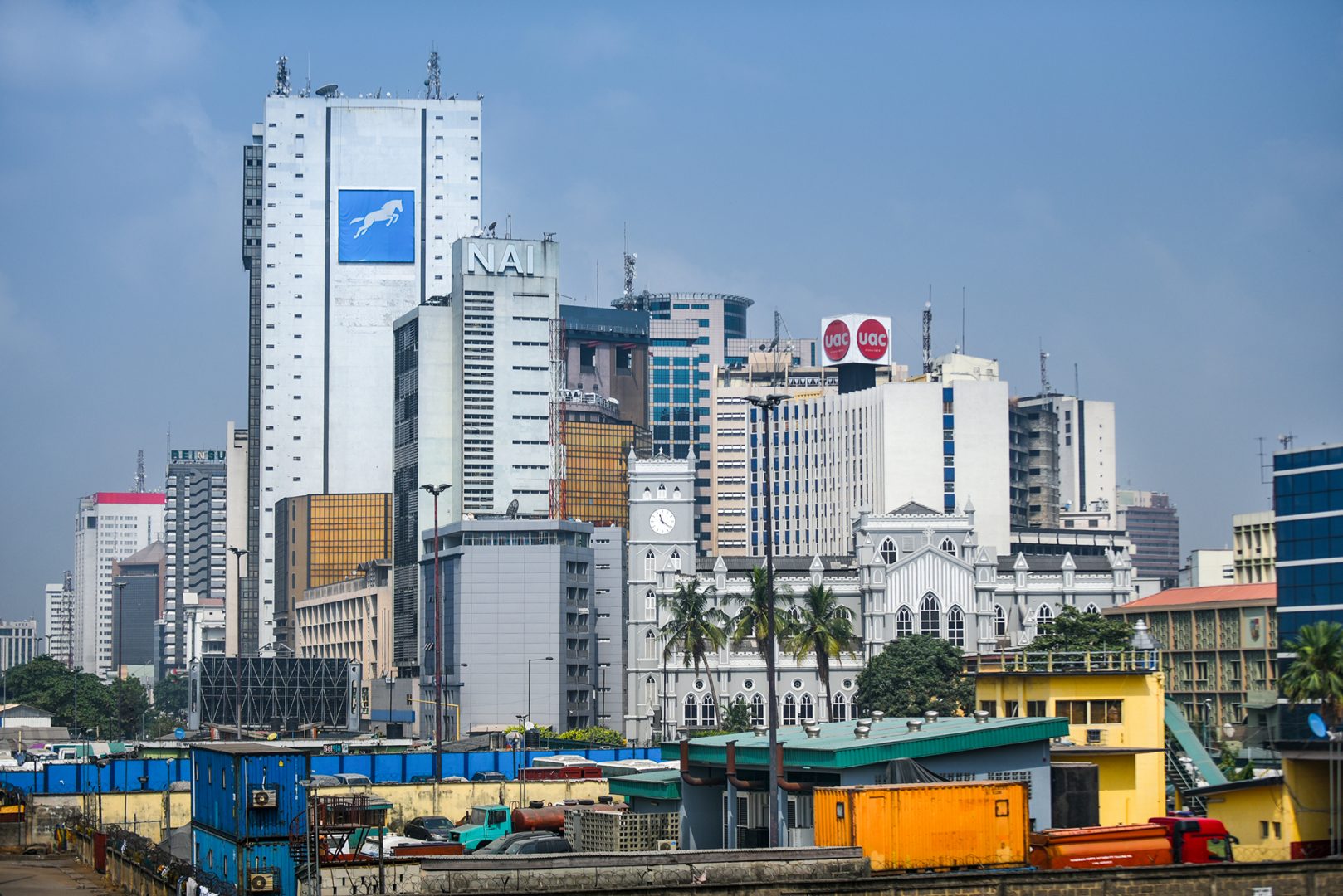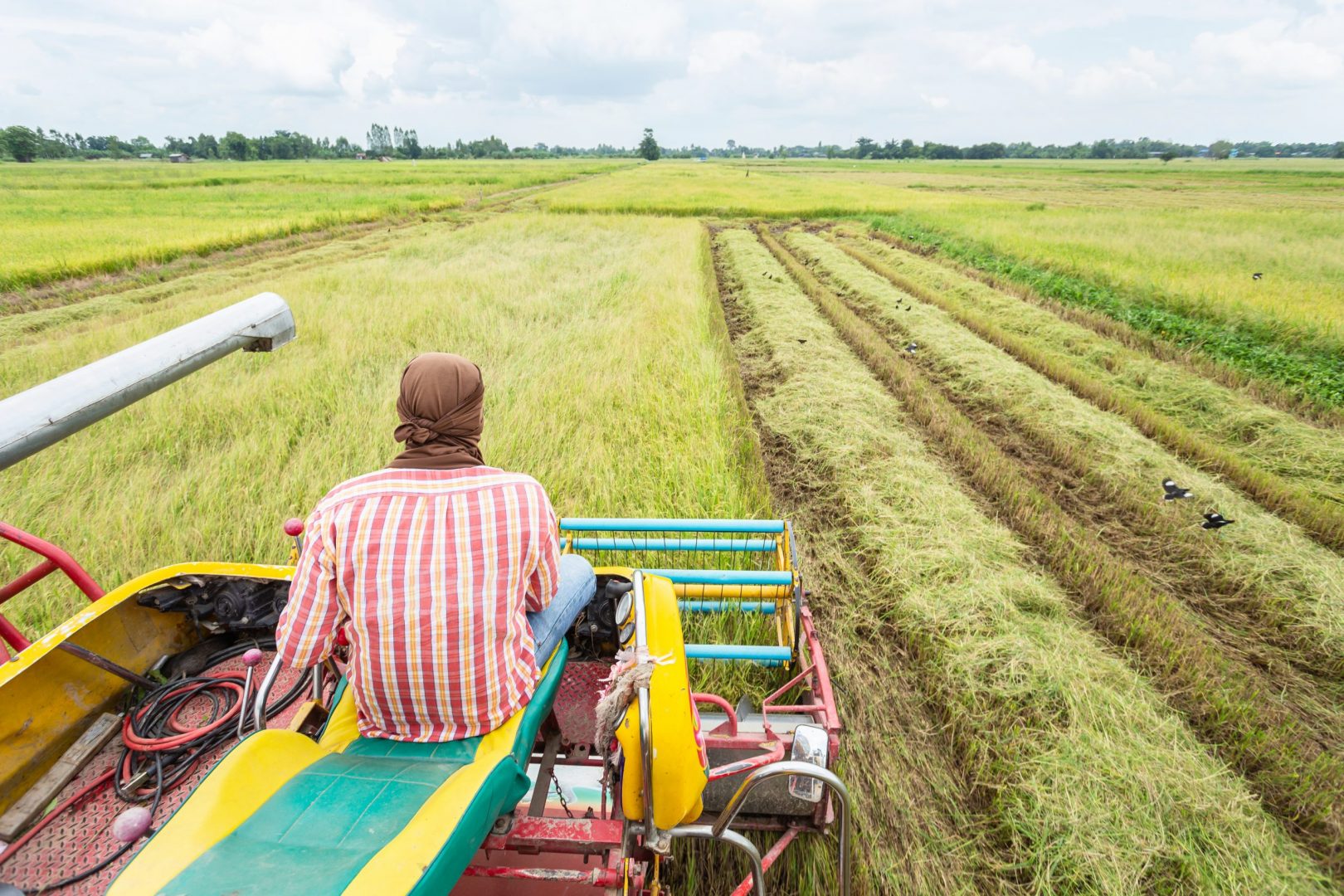• BII’s commitment will fund Indorama’s plan to develop a third fertilizer production line and a new port terminal in Nigeria.
• This will increase Indorama’s fertilizer production capacity which will support global food production and food security.
• It will also help to elevate Nigeria’s export potential and reduce the country’s reliance on imports.
British International Investment (BII), the UK’s Development Finance Institution (DFI) and impact investor, has committed $65 million to support Indorama Eleme Fertilizer and Chemicals’ expansion plans in Nigeria. The investment forms part of a $1.25 billion financing package which will allow Indorama, the largest fertilizer producer in Sub-Saharan Africa, to increase its fertilizer production and build a new port terminal for exports, bolstering global food production and food security.
BII’s investment forms part of a consortium led by IFC and includes commercial banks, impact investors and other DFIs. This is BII’s fourth investment in Indorama since 2013 and signifies the DFI’s longstanding commitment to strengthening value chains in Nigeria’s agricultural sector and increasing the country’s export potential.
Indorama’s two operational urea fertilizer lines currently serve Nigeria’s domestic market, supporting the country’s agricultural sector, which accounts for a quarter of its GDP and employs approximately a third of its labour force. This investment will finance the development of Indorama’s third nitrogenous urea fertilizer production line, which is expected to increase its annual capacity to 1.4 million metric tons of urea, one of the most widely used fertilizers worldwide.
Nigeria’s economy has historically relied heavily on revenue from the oil and gas sector, making it vulnerable to external shocks and the price volatility of commodities. By supporting Indorama’s expansion, BII aims to accelerate Nigeria’s economic diversification and progress its delivery of the National Development Plan, which outlines ambitions to boost Nigeria’s global competitiveness and build on its strong foundations for industrialisation.
The new production facility will be complemented by a shipping terminal currently under construction at Indorama’s operations in Port Harcourt, Nigeria. Both will help meet the growing global demand for fertilizer and are expected to create up to 8,000 direct and indirect jobs.
Manish Mundra, Group Director for Africa, Indorama Corporation said: “The establishment of this fertilizer plant underscores Indorama’s unwavering commitment to Nigeria’s industrial growth, economic diversification, and leveraging its strategic geographic location. This landmark financing represents a pivotal moment in Nigeria’s journey towards becoming a major player in the global fertilizer market. With the addition of Line 3, Nigeria is prepared to significantly ramp up its export capacity, thereby enhancing its position as a key exporter of fertilizers to Africa and the world.”
Sérgio Pimenta, IFC’s Regional Vice President for Africa said: “Reliable access to high quality fertilizer is essential for food production and food security around the world. IFC’s investment in Indorama, along with African, Asian, European, and American partners, signals our joint commitment to support the agriculture sector, Nigeria’s economy, and the expansion of Indorama, an important supplier in the global food chain.”
Benson Adenuga, Head of Office and Coverage Director for Nigeria at British International Investment said: “We are delighted to partner with IFC, other impact investors, and the development finance community on this project which will boost fertilizer production in Nigeria, support food security and create jobs. Our ongoing commitment to back Indorama’s expansion will also help to elevate Nigeria’s export potential and support the diversification of its economy.”
As part of the project, Indorama will implement a greenhouse gas (GHG) emissions strategy to reduce emissions at its petrochemical complex by 32 percent by 2026, including by significantly reducing gas flaring and other improvements. This strategy aligns with Nigeria’s pledge to eliminate routine gas flaring by 2030 under the World Bank-led Global Gas Flaring Reduction Partnership.
ENDS

